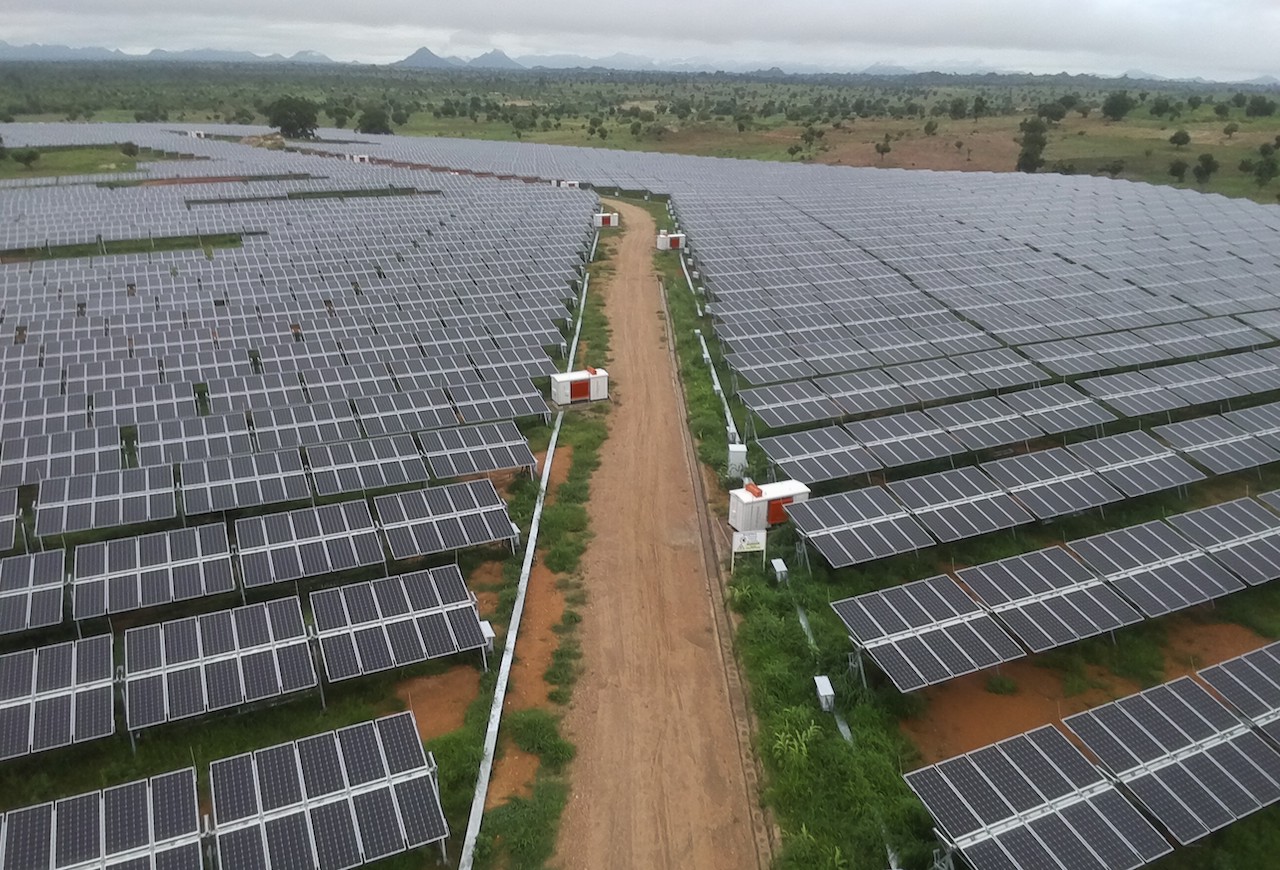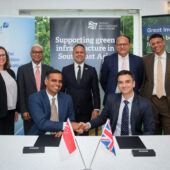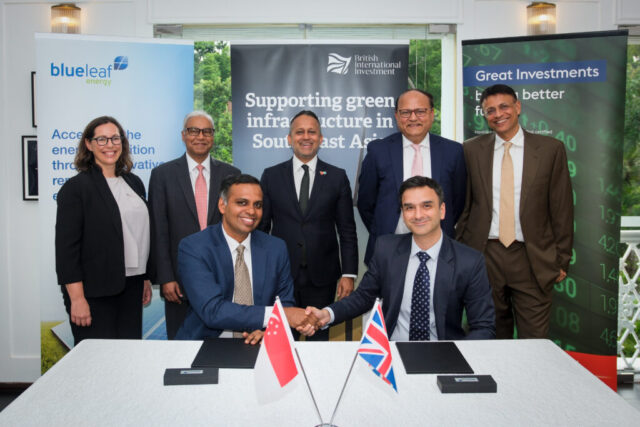CFM, a venture co-owned by FMO, has taken a 32% stake in Release, a Norwegian-owned developer of modular solar energy and battery storage solutions for mines and utilities in off-grid or poorly connected areas of Africa.

Blended finance venture Climate Fund Managers (CFM), said close had been reached on an $102m (€92m) investment made by its Climate Investor One (CI1) fund in Africa-focused renewable energy company Release, a subsidiary of Norway’s Scatec.
Release, launched by Scatec in 2019, uses a flexible leasing model to provide pre-assembled solar power and battery storage systems to organisations operating in Africa such as mining and utilities companies that have heavy power requirements up to around 30 megawatts (MW). At present, these operations are often in remote, off-grid locations, where power comes from polluting and costly diesel generators or heavy fuel oil, or they are in areas with unreliable grid supply.
CFM is a joint venture between Dutch development bank FMO, and Sanlam InfraWorks, part of South Africa’s Sanlam group, set up to invest in renewable energy in the developing world.
The $923m CI1 fund, which invests in solar, wind and run-of-river hydro energy, attracted a mix of donors and other investors including USAid, the European Commission, Nordic Development Fund, the Green Climate Fund (GCF), Dutch state development agency’s DGIS and FMO, Triodos Bank and Aegon, among others. CFM also manages the $855m Climate Investor Two (CI2) fund that invests in water, sanitation and ocean infrastructure in emerging markets.
The CI1 fund’s investment in Release includes $55m for a 32% equity stake, with Scatec retaining a 68% majority stake. CFM is also providing shareholder loans totalling USD 47 million, some of which will be on concessional terms.
Andrew Johnstone, CFM’s chief executive, said the fund’s blended finance model had helped integrate impact finance into the deal structure, which Release would be able to use to bring down costs for its battery and grid connection solutions.
Darron Johnson, CFM’s regional head for Africa told Impact Investor its funding model includes equity and concessional instruments blended to address associated risk and returns. The concessional component includes a specialized funding facility dedicated to underfinanced areas of the energy sector, such as transmission, distribution, substations, and battery energy storage.
For Release, CFM is providing construction stage financing for power systems equipment, specifically earmarked for reducing loss of generated power through system losses, cutting dependence on fossil fuel generators, and improving grid stability via use of battery storage.
Modular technology
Release’s technology enables clean energy to be provided within nine months of initial talks with customers, compared to three-to-five years for a conventional independent power producer (IPP) project, according to the company. The modular nature of the technology means customers can start small and then build up capacity as needed. Release’s lower-cost, smaller-scale clean energy model complements that of its parent Scatec, which builds large-scale renewable energy plants around the world.
Release chief executive Hans Olav Kvalvaag said his company’s solution was very competitively priced compared to diesel generators or existing grid-stabilidation measures.
“One of the greatest barriers to adopting solar technology is its capital-intensive nature. Release helps our customers overcome this by providing a flexible and affordable model,” he said.
The company is already operating or building projects in Cameroon, South Africa, Mexico, and South Sudan that have a total capacity of 47 MW solar photovoltaic (PV) generation and 20 MW-hours of battery storage. It is also due to build an additional 35 MW of solar PV and 20 MWh of storage in Chad.





